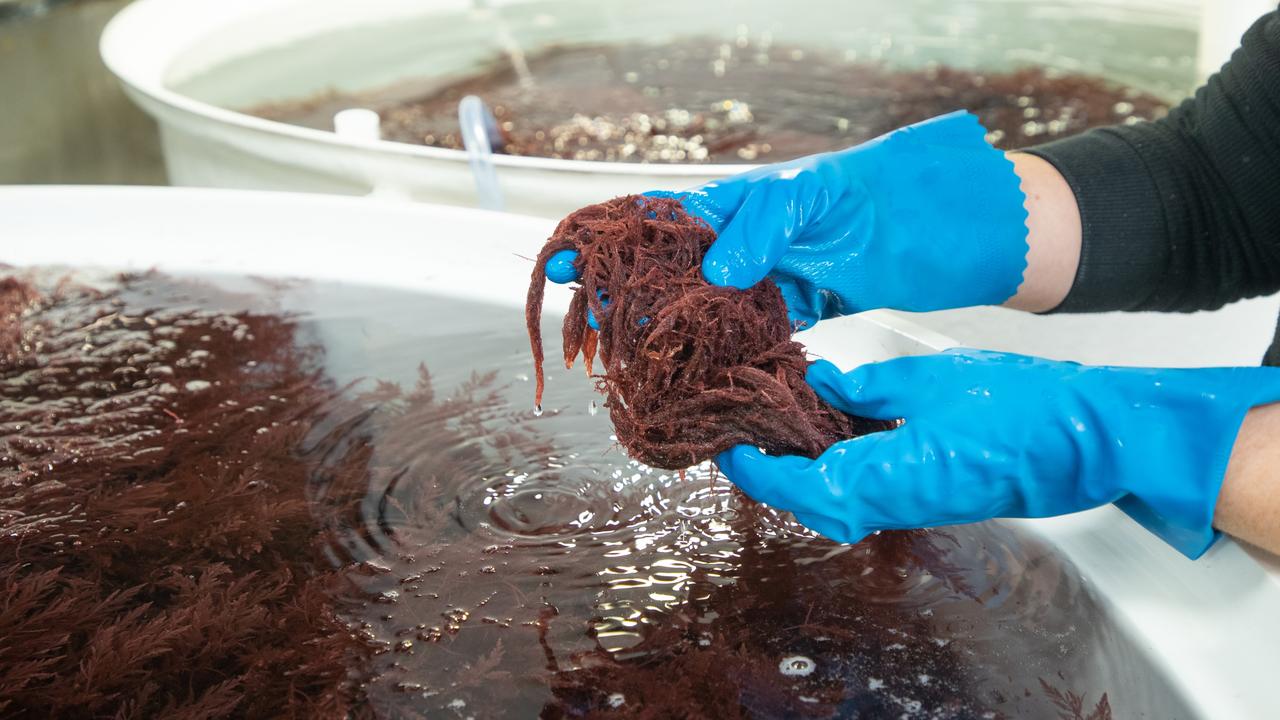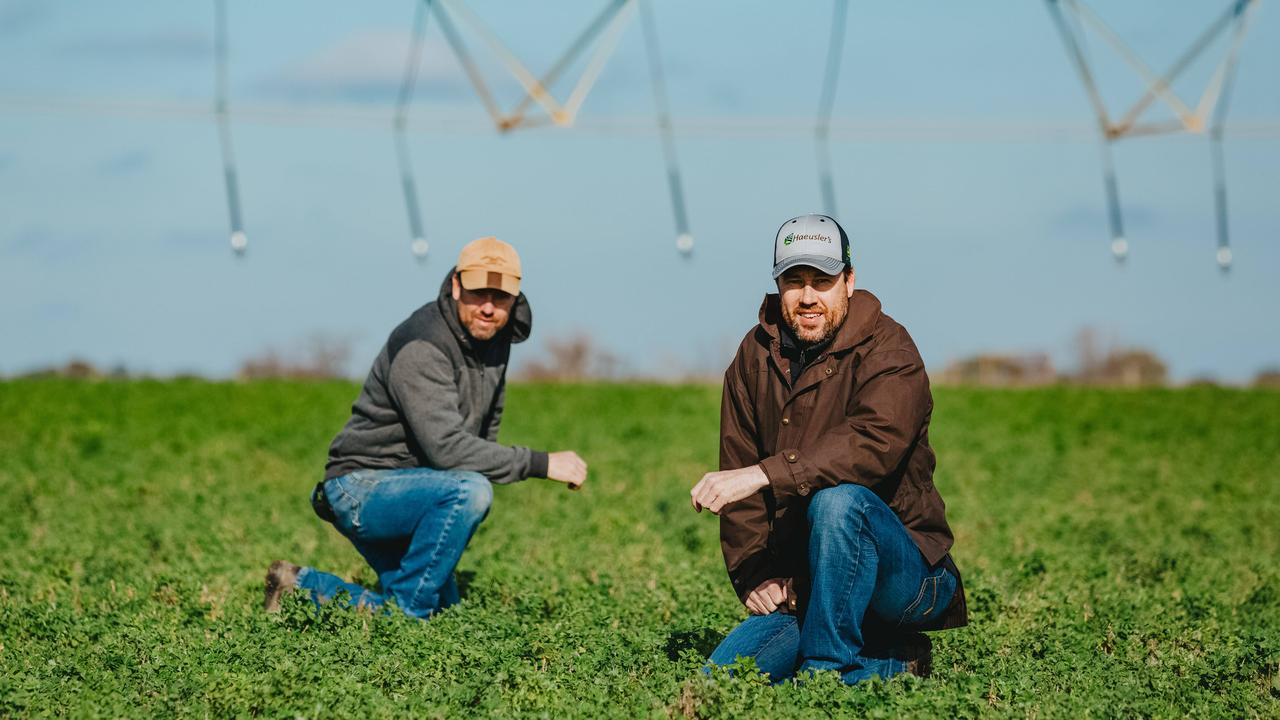Bethune Lane brings boutique dairy to northwest Victoria
This Lake Boga couple has launched their own artisan dairy brand, on a mission to prove boutique dairy can flourish in northwest Victoria and diversify their operation for the next generation.
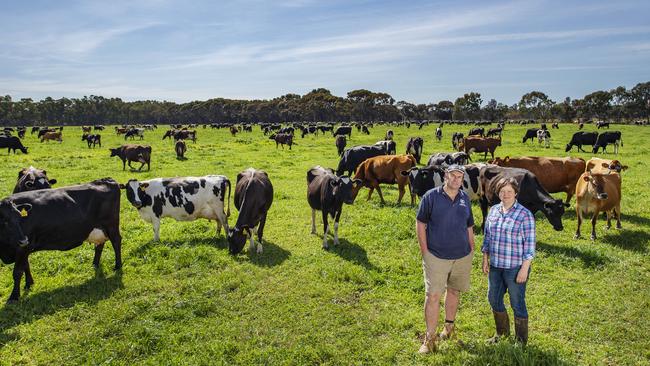
WHEN Paul Bethune returned to work on his family’s Lake Boga dairy farm at the age of 21, it was 40 hectares with about 180 cows.
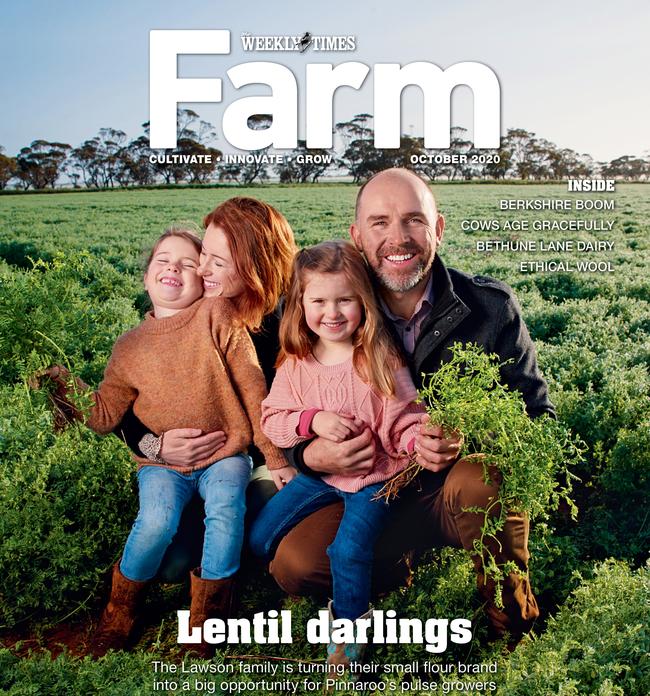
Today the herd has grown to 900 cows on 760 hectares, with an additional 200 hectares leased in Kerang.
If the 47-year-old – who farms with his wife, Sally, and five young boys – was not busy enough, the family have again stepped up, last year launching their cheese, bottled milk and yoghurt brand, Bethune Lane Dairy.
“We could keep expanding the farm, but I’ve milked cows for 20 years. I didn’t want to get to the point of retiring and wish I’d tried value-adding,” Paul says.
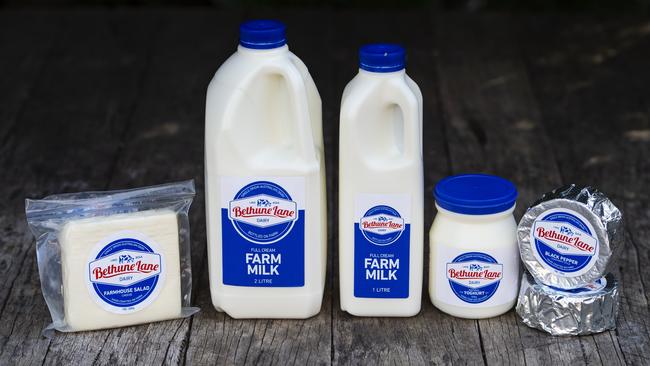
Adds Sally: “What keeps us interested is new projects.
“That’s the fun part of the business we enjoy.
“You need to challenge yourself and be bold and have a crack.”
The Bethunes are large dairy producers, with about 3 per cent of their total yield processed on farm in four camembert-style cheeses, a feta, as well as pot-set yoghurt and full-fat milk, in one- and two-litre bottles.
This month, they will release a chocolate milk (with real Belgian chocolate) and iced coffee, with more cheeses including blue, cheddar and a red Leicester to come later in the year.
Eventually they hope to expand to cream and butter, saying while COVID-19 has hamstrung sales in the first year of the business, their intention has always been to “play a long game”, future-proofing the
farm business for their sons and diversifying the enterprise.
“In the long term we think Bethune Lane Dairy might help to improve our milk pricing,” Paul says, adding the bulk of the herd’s milk is sent to Freedom Foods.
Value-added products are generally sold at farmers’ markets, as well as in retail stores across northwest Victoria, from Mildura to Swan Hill and Kerang, with online sales of cheese a growing market.
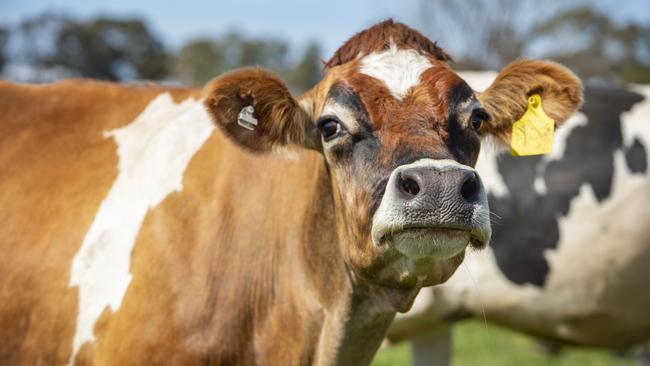
Aside from having a fun project, the couple says they wanted to showcase their traditional-tasting milk from their mixed herd of Jerseys, Friesians and Aussie Reds.
The couple focus on quality, not quantity, with a low stocking rate yielding about 120,000 litres per week.
While standard cream content for milk is about 3.2 per cent, Bethune Lane Dairy – thanks to their farm management methods – reach a high 4.7 per cent, often higher than 5 per cent, “which is why our products taste so good”.
The herd is also nearly all A2, which the couple hope will also give them an edge when marketing to consumers.
“This is single origin, whole milk, straight from the cow,” Sally says.
“Even retired dairy farmers tell us it tastes like milk from the vat.”
Opening their newly built processing plant in 2019, next to their new million-dollar 100-unit rotary dairy, built in 2018, milk travels just 20 metres from cow to bottle.
“Cows are milked in the morning and two or three hours later it’s in the bottle,” Sally says.
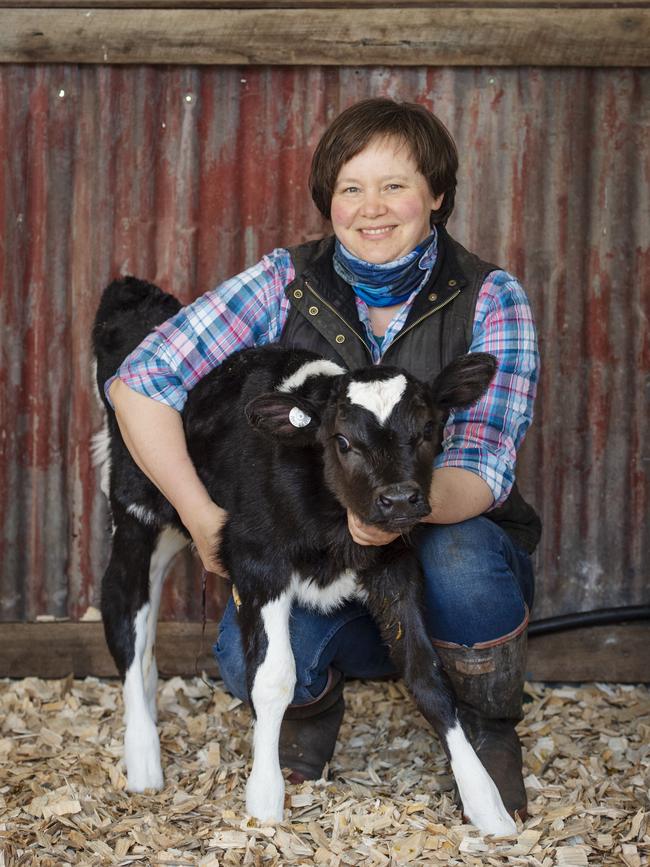
Milk is batch pasteurised, heated slowly to a low temperature of 65C – rather than a high temperature for a short time – “which we believe has less impact on the flavour”.
Former dairy-farming neighbours Stephen and Janine Spry are the official cheesemakers, while the farm employs up to eight staff.
Paul’s family has been dairy farming for 130 years, with his grandparents settling on the Lake Boga property in 1946.
Paul studied at Dookie Agricultural College before returning to work with his parents, Lawrie and Annette, now retired.
“Paul’s parents allowed him to make mistakes and learn, which has been a key part of his ability to grow the business,” Sally says.
Paul agrees: “I was given free rein from the moment I came home. Lots of farming kids don’t get that chance until they’re 40 or 50.”
In 2004 he visited world’s best dairy farms as part of a Nuffield Scholarship, saying his overall farm philosophy was to “keep it low cost, with simple systems that were easy to manage”.
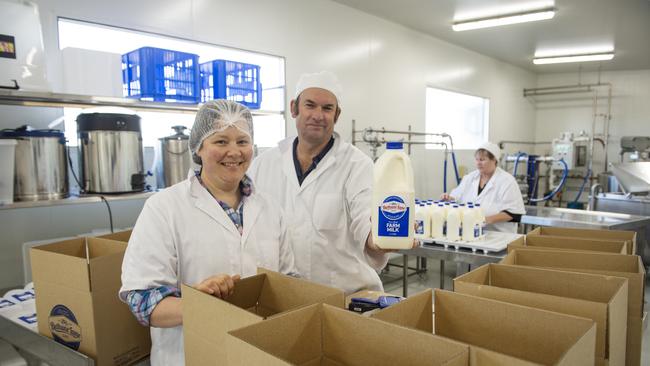
The herd is joined twice a year using artificial insemination, for a calving in spring and autumn, aiming for traits including high butterfat and easy calving.
Lake Boga has an average annual rainfall of 300mm, reaching high temperatures in summer.
The family have done much to save water, only irrigating in winter and spring, when they sow all pastures to ryegrass and subclover. With a low stocking rate, they cut enough hay and silage for two years of feed, which means they don’t have to irrigate in summer, and also buy in hay and cereals.
“This way we match milk production to grass growth,” Paul says.
To improve water efficiency, the Bethunes have also invested in machinery such as an excavator and laser grader for major irrigation projects.
One project involves laser grading all paddocks to ensure any water run-off filters back to a 60-megalitre dam for re-use.
They have also installed a pipe-and-riser irrigation system, which ensures zero evaporation.
“Water is such a precious resource that when it comes on to our farm we want to use it more than once,” Sally says.
With five sons aged five to 12, the couple say their farm management – especially the value-adding – is also focused on ensuring potential for a sixth generation of Bethune dairy farmers.
“The boys may or may not want to return to the farm, it’s up to them,” Sally says. “We don’t want to say we only have room for two of our children. By adding this business we’re not only giving them an opportunity, but it’s also a way to grow employment and support our community.”
FARM FILE: Bethune Lane Dairy
Paul and Sally Bethune milk 900 cows across 960 hectares at Lake Boga and Kerang. They are committed to water conservation, revegetation and have plans to introduce dung beetles to maximise soil health. They supply Freedom Foods and have launched their own Bethune Lane Dairy brand selling milk, yoghurt and cheese.
MORE
GIPPSLAND JERSEY EXPANDS WITH BUTTER
GIPPSLAND SIBLINGS KEEP DAIRY FARM VIABLE WITH ORGANIC BRAND
COLOSTRUM CAPSULES GIVE SOUTH GIPPSLAND DAIRY A HEALTHY BOOST

